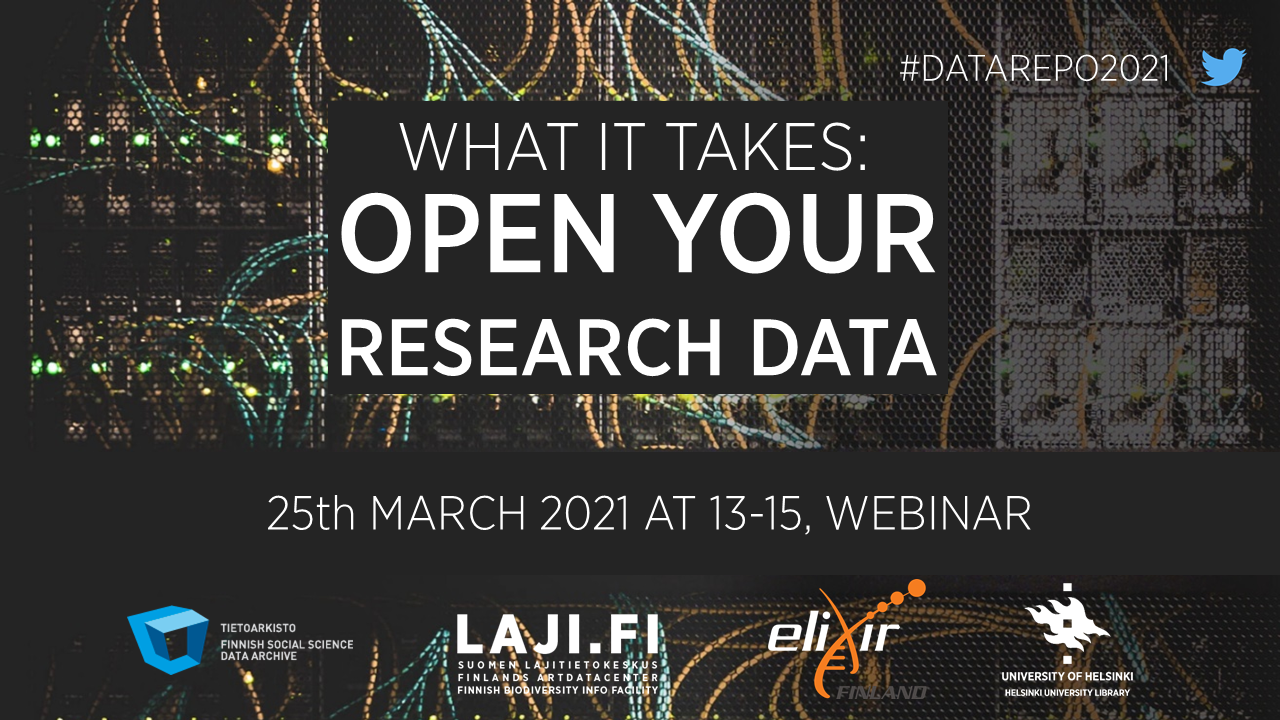There are several reasons and benefits to open data for both researchers as well as for society. However, when the demand for opening data has grown rapidly, researchers might feel left alone with the problems, that is, how, where and what to open. This article describes the obstacles and opportunities for opening data – including the beautiful example of the the Carte du Ciel project.
Funders, publishers and institutions are increasingly demanding opening scientific research data. There are several reasons to open data, for example making research transparent, facilitating the reusability of data, as well as enabling further research. Especially when the collection and production of data are publicly funded, it should also be opened for society.
The demand for opening data has grown so rapidly that the instructions and guidance on responsible research data management are falling behind. This has led to a situation where researchers might feel left alone with the problems – that is, how, where and what to open?

Obstacles and attitudes
Since opening research data is not yet a common practice, many datasets often lack sufficient documentation and the description of the dataset (metadata). Additionally no time is allocated for data management and opening the research data is quite often the last thing on a researcher’s mind.
As data management in a project can be inadequate, and knowing how exhausting the publishing process is, together this might easily lead to a situation where the researchers just dump their data somewhere, without proper curation, documentation or relevant information (metadata). In other words, data is openly available, but it lacks necessary requirements for any further use. As it is often the case that institutions themselves do not have guidance or control of opening data, researchers are not to blame.
No time is allocated for data management and opening the research data is quite often the last thing on a researcher’s mind.
Additionally, there are also lot of negative attitudes towards opening research data. One of the major arguments for not opening your data is that you have spent a huge amount of time with the data and hence see yourself as its rightful owner. Some researchers are afraid someone will find a mistake in their data and some are in the middle of a longitudinal study and want to publish their findings first.
And sometimes you cannot open the data. It can be that you do not own the data in the first place or your data it too sensitive to publish. Even though, whatever the reason is, it is always possible to open the description of the data.
It is always possible to open the description of the data.
Opportunities and support
In spite of negative attitudes and possible difficulties related to opening the data, opening provides several major advantages for the researcher as well as for society. Publishing the data increases citations*, opens novel possibilities for future research, and when data is properly documented and opened it is easy to use and find!
Most importantly, sharing research data for future generations may result in unexpected usage. Think for example of the Carte du Ciel (”Map of the Sky”) project from the late 19th century, where the entire sky was photographed on glass photographic plates by twenty observatories from around the world. Who would have thought at the time that around hundred years later we would have not only the technology to scan and digitize the glass plates themselves, but also have a space astrometry satellite gathering data from the same sky, and how these two can be used together to determine the motion of the stars.
This is the beauty and the ultimate purpose of the science, the unknown. Keeping this in mind the least we can do for future generations, is to share our data.
Most importantly, sharing research data for future generations may result in unexpected usage.
Answers to questions – the open data event at Think Corner
Interested in the above? Do you have similar thoughts on this? If yes, you are very welcome to the event ”What it takes: Open your research data” at the University of Helsinki. The event provides answers to questions about opening data – what it means in practice and what help is available. Join us and hear more on 25th of March 2021 at webinar.
The event will be held in English, and questions or concerns about opening your data can be sent in advance to datasupport@helsinki.fi.
Interview series on open data (#Datarepo2021):
- Open data as the foundation of interdisciplinary research – interview with Francesca Morello (23.3.2021)
- Open data in regular use as part of work – interview with Jouni Tikkanen (22.3.2021)
- The importance of infrastructures and unprecedented potential of open data – interview with Tuomas Alaterä (18.3.2021)
- Researchers need tools, services and ”data doctors” to manage and open their data – interview with Mietta Lennes (16.3.2021)
- Mobilising data for research and decision-making – interview with Kari Lahti (11.3.2020)
- The beauty of the unknown – why open your research data? (17.2.2020)
